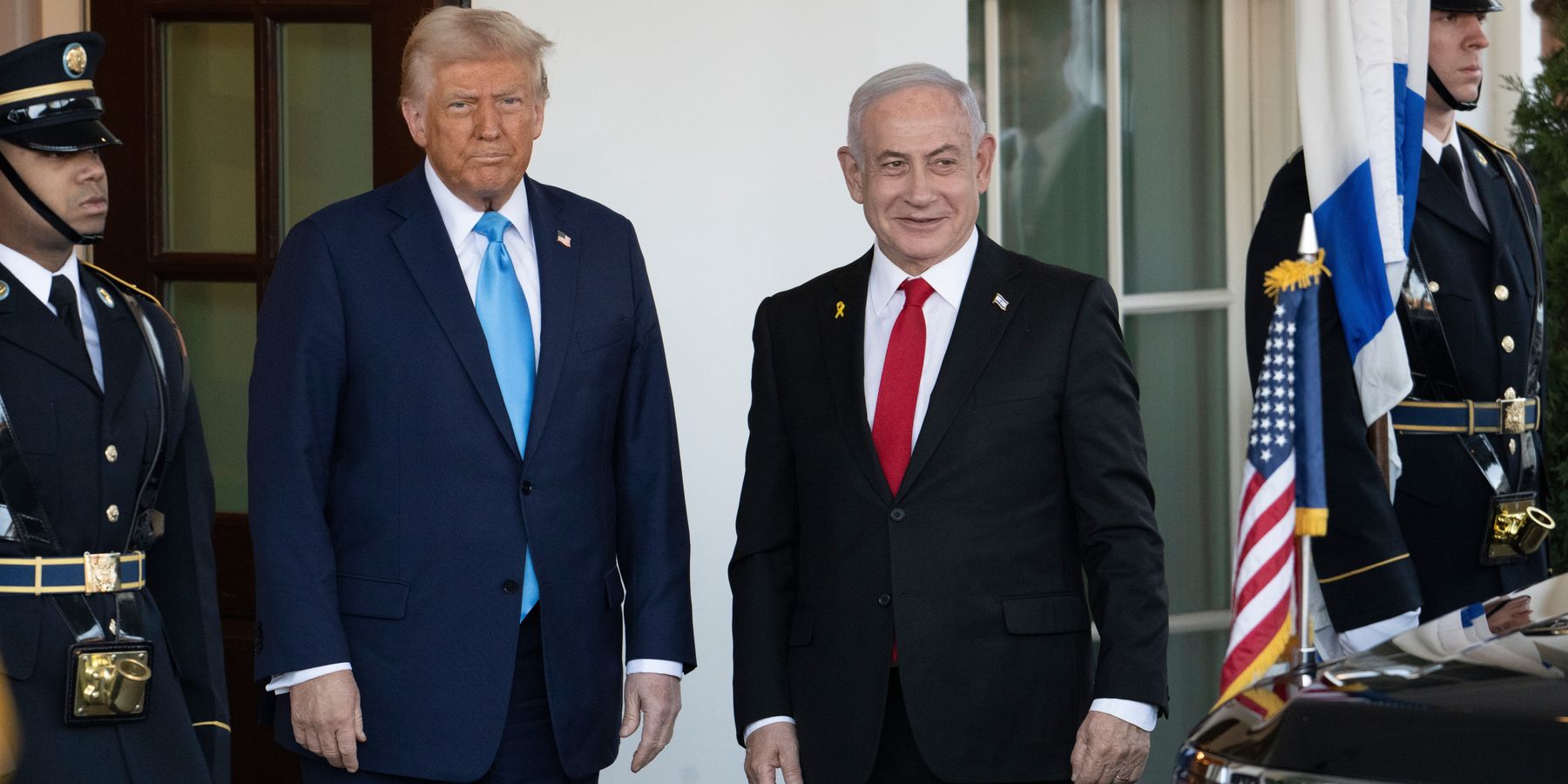On March 25, Israeli Prime Minster Benjamin Netanyahu’s government passed its long-delayed 2025 budget. Had the vote failed, it would have automatically triggered snap elections — an outcome Netanyahu appears politically incapable of surviving.
While Israel cited stalled hostage negotiations and ongoing security threats as reasons for ending the U.S.-backed ceasefire in Gaza, Netanyahu’s decision to resume large-scale military operations just days before the vote also appeared aimed at shoring up support from far-right coalition partners such as Itamar Ben Gvir. The budget, framed explicitly by Finance Minister Bezalel Smotrich as a “war budget,” includes record levels of defense spending and a dramatic increase in funding for Israeli public diplomacy, a nod to the government’s attempt to counteract ongoing international condemnation of Israel’s military actions in Gaza.
The breakdown of ceasefire talks between Israel and Hamas has been widely blamed on Hamas intransigence, with Israeli spokesman Eylon Levy and others, including Trump aide Steve Witkoff on the Tucker Carlson Show, claiming Hamas refused to negotiate. Yet the record shows a different sequence: Israel introduced new terms during phase two of the talks — terms that had not been agreed to — and demanded unilateral acceptance.
The Israelis made this shift without coordination with mediators or the other side, appearing to reject the original framework that Hamas had agreed to based on verbal guarantees from U.S., Egyptian, and Qatari mediators. Despite this, Israel withdrew from negotiations and launched airstrikes across Gaza on March 18, killing more than 400 people in a single night. The White House later confirmed it was consulted in advance, raising questions about the depth of U.S. involvement and endorsement.
The timing of Israel’s decision to unilaterally end the ceasefire also raises questions about the extent to which Netanyahu’s political agenda drove the renewal of the war. Netanyahu narrowly avoided renewed investigations into so-called “Qatargate” — a scandal that involved Netanyahu’s aides allegedly receiving funding from Qatar while managing hostage negotiations. In a move widely seen as preemptive damage control, Netanyahu abruptly moved to fire the head of Shin Bet and began the process to remove the attorney general, in what critics called an attempt to derail investigations.
The attempt to fire both has prompted mass protests, with over 100,000 Israelis returning to the streets to condemn his attempts to avoid accountability, in a show of popular resistance not seen since before the October 7 Hamas attack.
According to Israeli polls, if elections were held today, Netanyahu would likely lose and finally be forced to confront longstanding corruption and fraud charges. War, by contrast, offers him a mechanism to delay legal accountability and maintain control over the national narrative. The question is, why is Donald Trump prioritizing Netanyahu’s political survival over U.S. interests?
When Trump, who was not yet in the White House, pressured Netanyahu to accept phase 1 of the ceasefire, he demonstrated America’s leverage over Israel (which Biden refused to use, and which arguably cost his party the White House). He also reasserted American national interests, which are best served by reducing tensions in the Middle East and avoiding being dragged into yet another endless war in the region.
The extent to which maritime traffic in the Red Sea is central to U.S. interests is debatable. Yet to the extent that the U.S. wishes to prioritize the Suez Canal, the Gaza ceasefire also prompted the Houthis to end their attacks on ships. By enforcing the ceasefire, Trump could have scaled back Operation Prosperity Guardian, a U.S.-led naval mission costing billions and receiving minimal support from the countries that benefit most directly from Red Sea shipping. With the Gaza ceasefire, Trump demonstrated that he would prioritize American interests over those of Netanyahu.
But that moment has passed. By greenlighting Israel’s desire to reinitiate its war on Gaza, Trump is following in Biden’s feckless footsteps, allowing Netanyahu’s political fortunes to put American servicemembers at risk, not only in the Red Sea, but potentially across the region.
This is particularly evident in Trump’s recent decision to escalate airstrikes on Yemen, resulting in 53 civilian deaths, marking the most intense week of bombardment since the closing stages of the Saudi-UAE air campaign in January 2022. While officially framed as a response to Houthi threats to Red Sea shipping, the strikes resumed almost immediately before the Gaza ceasefire collapsed, despite a lull in Houthi attacks during the truce. The Houthis stated their intention to target Israeli vessels on March 11, in response to Israel preventing the entry of any aid or goods into Gaza, in violation of the ceasefire terms, since March 2.
The timing suggests that these operations serve less to protect U.S. assets, and rather more to back Israel’s broader military campaign across the region. In turn, American forces are being pulled towards a war posture directly reflecting Israel’s objectives as opposed to advancing defined American ones.
This shift raises essential questions about the direction of U.S. foreign policy, as despite rhetorical commitments to disentangle from costly, open-ended conflicts, the Trump administration appears increasingly aligned with a regional agenda driven by Netanyahu’s domestic imperatives rather than American strategic alignment, continuing to provide significant material and diplomatic support to Israel.
At a time when the U.S. faces overstretched resources and fraying alliances, subordinating American strategy to Netanyahu’s maneuvering risks entrenching Washington in a broader regional conflict with limited upside.
Trump once demonstrated that the U.S. could shape outcomes and recalibrate its role, but his current posture suggests that leverage is slipping. For a policy framework that claims to put American interests first, this trajectory leads elsewhere.
- Trump now faces 'out of control' conflict in the Middle East ›
- Trump's Gaza plan is not America First ›
- Gaza ceasefire hits the brick wall of Netanyahu's agenda ›
- Trump drops news bomblet: Direct US-Iran talks this Saturday | Responsible Statecraft ›
- Trump issues Gaza plan with more holes than Swiss cheese | Responsible Statecraft ›
















